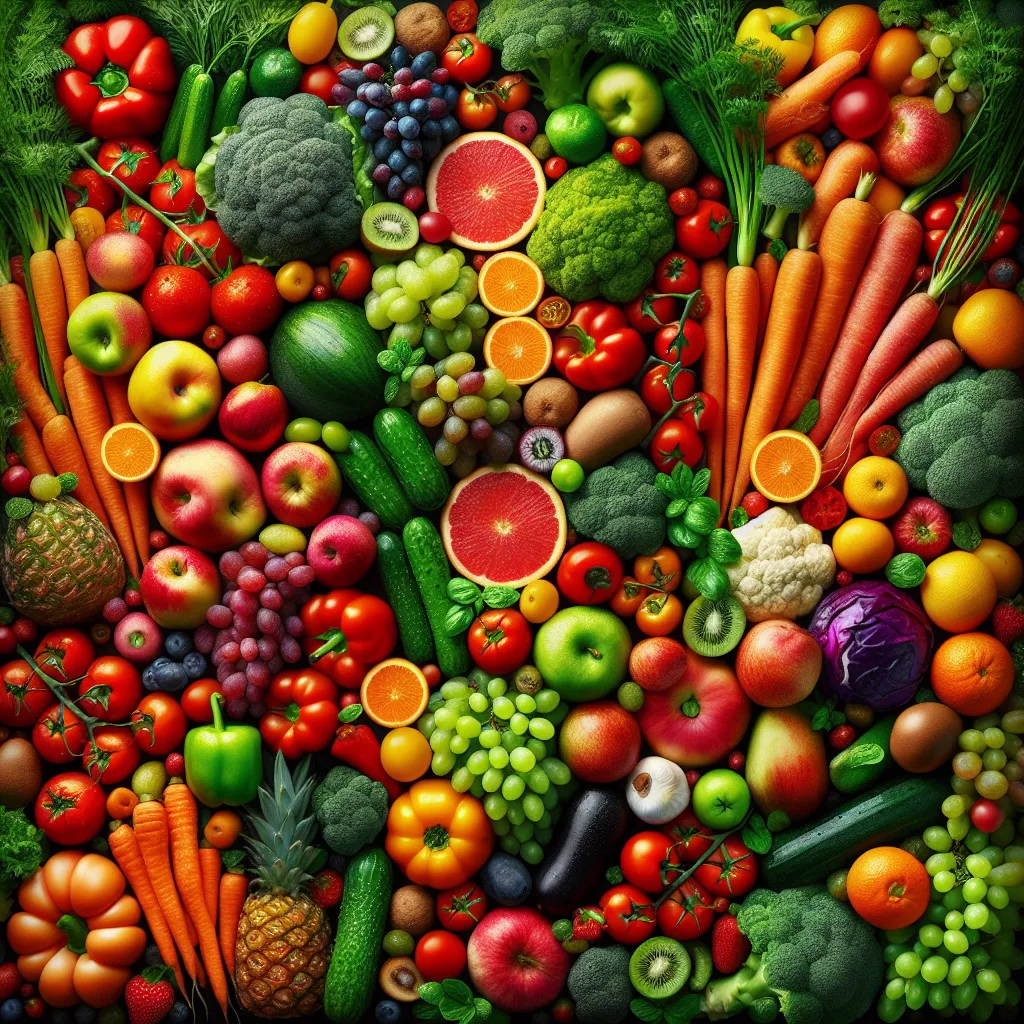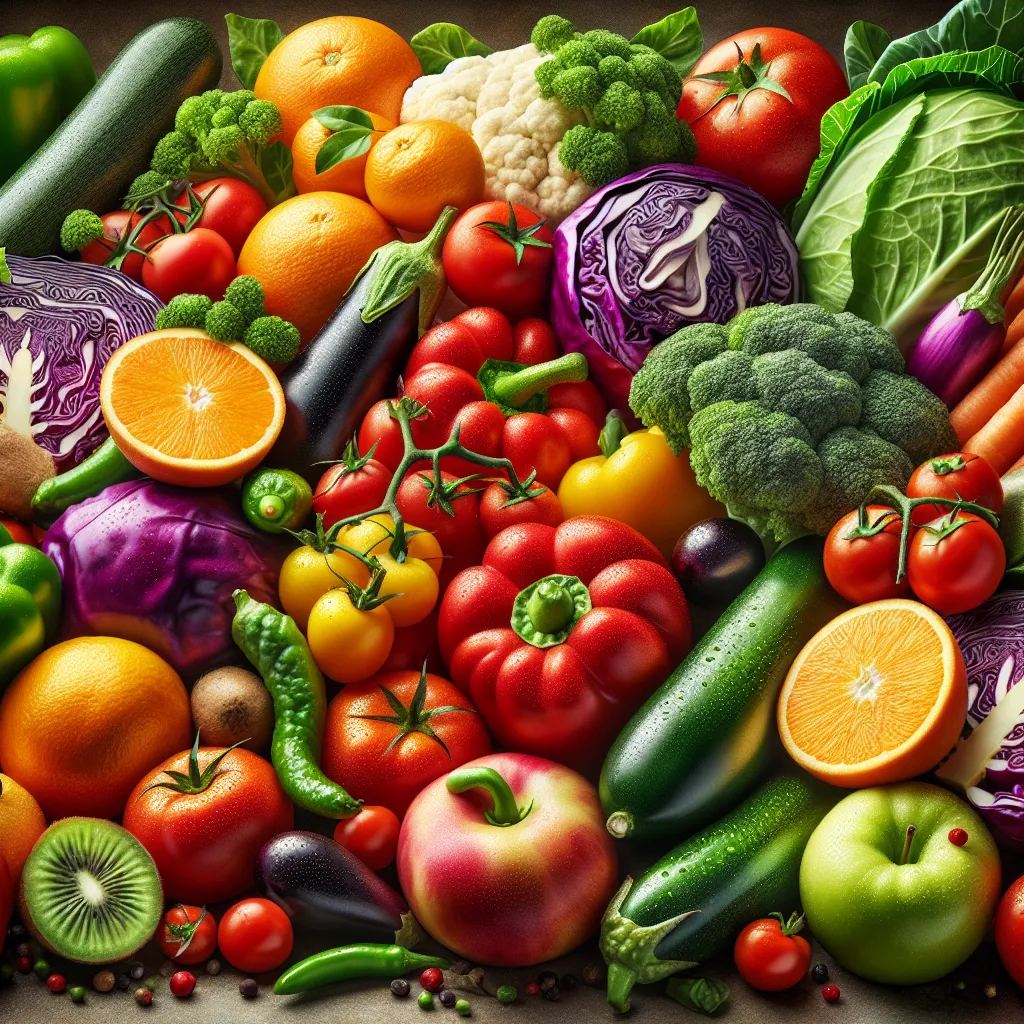Understanding Nutrient Density and its Impact on Health
Understanding nutrient density is essential for maximizing nutrition and creating nutrient-dense meals. Nutrient density refers to the amount of essential nutrients, such as vitamins, minerals, and fiber, in a food relative to its caloric content. Foods that are nutrient-dense provide a high amount of nutrients with relatively few calories, making them valuable for overall health and well-being.
When we focus on nutrient-dense foods, we can better support our body’s needs and enhance our overall health. Nutrient-dense meals can help in maintaining a healthy weight, reducing the risk of chronic diseases, and ensuring that our bodies receive the essential nutrients they require for optimal function.
Incorporating nutrient-dense foods into our diet, such as fruits, vegetables, whole grains, lean proteins, and healthy fats, can positively impact our health. These foods provide essential vitamins, minerals, antioxidants, and phytochemicals that support various bodily functions and contribute to overall well-being.
By understanding and prioritizing nutrient density in our food choices, we can make informed decisions that support our health and longevity. Making nutrient-dense choices not only maximizes our nutrition but also promotes better health outcomes in the long run.
Incorporating Superfoods into Your Daily Diet
Incorporating superfoods into your daily diet is a powerful way to maximize your nutrition and create nutrient-dense meals. Superfoods are packed with essential nutrients, vitamins, and antioxidants that can have a profound impact on your health and well-being. By making a conscious effort to include superfoods in your meals, you can significantly boost the nutritional value of your diet.
Some popular superfoods that you can easily incorporate into your daily meals include blueberries, kale, quinoa, chia seeds, and sweet potatoes. Blueberries are rich in antioxidants and vitamins, while kale is a powerhouse of nutrients such as vitamin K, vitamin C, and calcium. Quinoa is a complete protein and a great source of fiber, and chia seeds are loaded with omega-3 fatty acids and fiber. Sweet potatoes are high in vitamins A and C, as well as fiber and potassium.
When planning your meals, consider adding a variety of superfoods to ensure that you are getting a wide range of nutrients. For example, you might start your day with a smoothie bowl topped with fresh blueberries, chia seeds, and a sprinkle of quinoa for added crunch. For lunch, you could enjoy a vibrant kale salad with roasted sweet potatoes and a drizzle of omega-3 rich chia seed dressing. Incorporating these nutrient-dense superfoods into your meals not only enhances the flavor and texture of your dishes but also provides an abundance of health benefits.
By consciously incorporating superfoods into your daily diet, you can take a proactive approach to maximizing your nutrition and promoting overall health. Experiment with different superfoods, and get creative in the kitchen to discover new and delicious ways to enjoy these nutrient-packed ingredients.
Tips for Balancing Macronutrients in Every Meal
When it comes to maximizing nutrition, creating nutrient-dense meals is essential for overall health and well-being. One crucial aspect of this is balancing macronutrients in every meal. Macronutrients, including carbohydrates, proteins, and fats, play a vital role in providing the body with energy and supporting various physiological functions.
To ensure each meal is nutrient-dense and well-balanced, consider these tips for incorporating the right mix of macronutrients:
1. Prioritize Lean Proteins: Including lean sources of protein such as chicken, turkey, fish, legumes, and tofu can help maintain muscle mass, support satiety, and provide essential amino acids for overall health.
2. Choose Complex Carbohydrates: Opt for complex carbohydrates like whole grains, vegetables, and fruits, which provide fiber, vitamins, and minerals while offering sustained energy and promoting digestive health.
3. Include Healthy Fats: Incorporating healthy fats from sources such as avocados, nuts, seeds, and olive oil can aid in nutrient absorption, support brain health, and contribute to a feeling of fullness after meals.
4. Mindful Portion Control: Pay attention to portion sizes to ensure a balanced intake of macronutrients. This can help prevent overconsumption of any one nutrient while promoting overall balance and variety in the diet.
By focusing on these tips for balancing macronutrients in every meal, individuals can create nutrient-dense meals that support their overall health and wellness goals.




